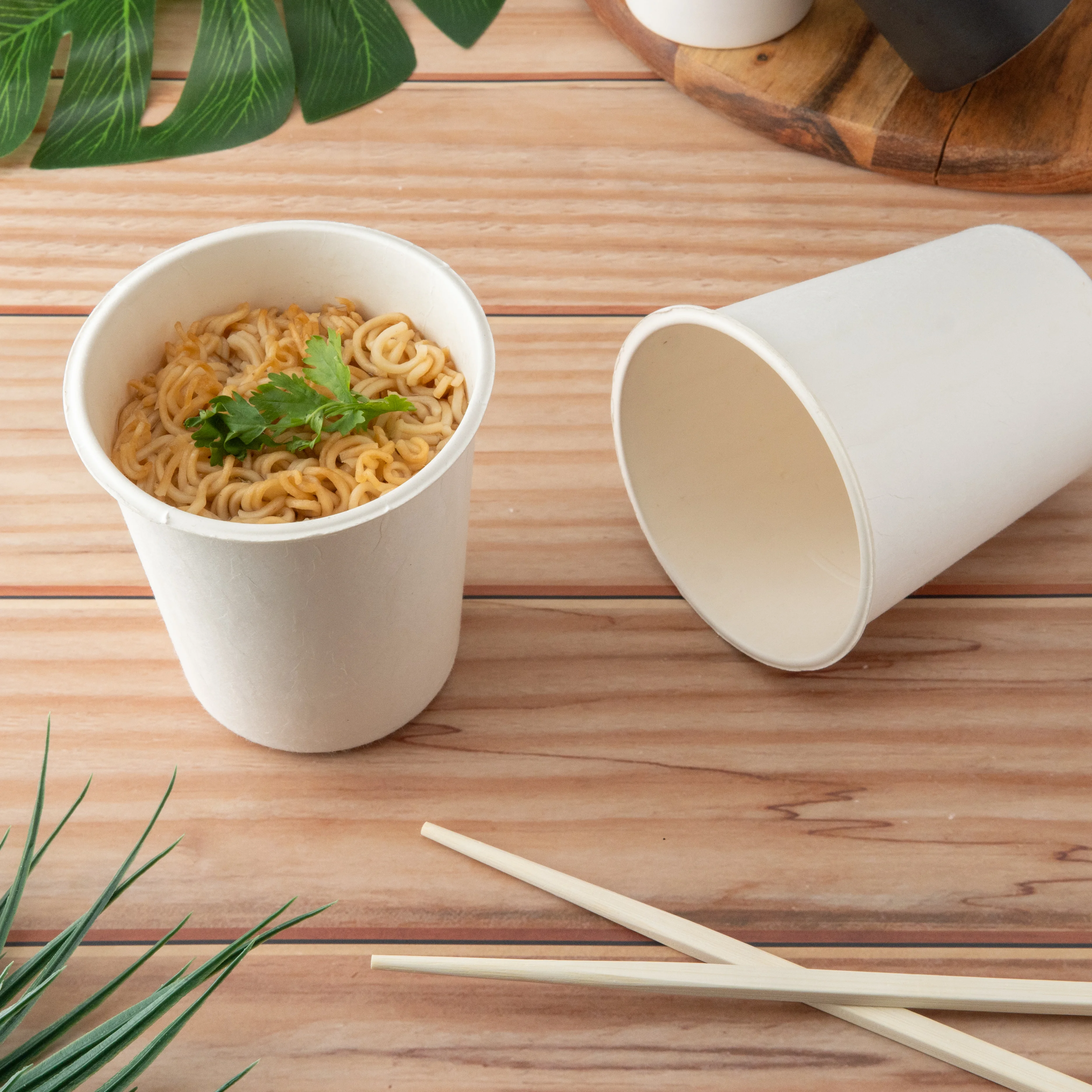In the busy restaurants of India, there is a story behind every dish they serve not only on the deliciousness of the flavor, but also on the responsibility to the environment. Hospitality and the food culture are highly valued in a nation where people are increasingly becoming aware that the way food is packaged and delivered is as important as the food on the plate. Compostable Packaging has increasingly become a necessity, rather than a choice, to restaurants who want to compete successfully in the market in the future.
Why the Plastic Problem Demands Urgent Action?
India produces more than 9.3 million tonnes of plastic product waste annually, much of which is of single-use food and beverage packaging. This plastic waste is recycled at an approximate rate of 60 percent only, which leaves the continent with millions of tonnes of plastic waste clogging the waterways, polluting the streets and overflowing the landfills.
With restaurants and food delivery services, the excessive use of plastic containers, disposable knives and non-recyclable trays increased the crisis. The aftermath is far-reaching:
Toxic microplastics are finding their way into our soil, our water and our food chain.
Human and animal health are getting threatened by public health hazards.
Under more rigorous regulations like the eco-friendly packaging regulations of FSSAI of 2024, restaurants experience reputational losses and face regulatory pressure.
It is obvious that recycling is not sufficient. Fast sustainable change is the only shift needed in the food industry.
Compostable Packaging: A Win-Win for Restaurants and the Planet
Compostable Packaging is a classy alternative, with the ability to provide food safety, environmental-friendliness, and affordability simultaneously.
Fibmold is an innovator in the field of Sustainable Packaging in India, which designs packaging materials using natural fibres such as sugarcane bagasse and bamboo to create high-performance packaging materials out of agricultural waste. These Bagasse Packaging solutions are:
- It is naturally compostable and can be recycled (in 90-180 days) with the nutrients being transferred back to the soil rather than filling landfills.
- Food-grade and approved to be safe, passing rigid criteria of contact with hot and cold food substances.
- Heater safe when using the microwave, this is a necessity in current food delivery and takeout.
- To make sure that there is no tradeoff with regard to the customer experience, engineered to be as strong or better in durability and functionality than plastics.
In the case of restaurants, this would imply that they are able to deliver food in containers that take care of food preservation and the environment.
Fibmold: The pioneer of the Indian Compostable Packaging revolution.
Fibmold is one of the first to enter this space and is making high-performance molded fibre packaging out of agricultural waste such as sugarcane bagasse and bamboo. Fibmold can help restaurants with new solutions, which are not only practical, stylish, and sustainable but also made of natural materials.
Real-World Applications for Restaurants:
- Delivery lunch boxes with a leak-proof design.
- Food compostable food trays are strong enough to carry curries, rice, and snacks.
- Plastic-free but heat proof, microwave safe trays.
- Large serving disposable casserole trays.
- Readymade noodle cups made of fiber.
- Fine dining elegant moulded fibre inserts.
From street vendors to fancy chains, Fibmold has shown that sustainability can be specialized to any food company.
Leveraging Regulations & Consumer Trends to Gain Competitive Edge
The ecosystem of regulations in India is changing at an alarming rate. The Food Safety and Standards Authority of India (FSSAI) has also given guidelines encouraging recycled, biodegradable and compostable packaging. In the meantime, brands and their environmental impact are being subjected to greater scrutiny by environmental watchdogs and consumers.
Those restaurants that use Molded Fibre packaging establish themselves as being responsible leaders. Compostable Packaging will not only be compliance, but rather brand storytelling that leads to customer retention. Research indicates that consumers, especially millennials and Gen Z, want to eat at companies that are eco-friendly.
The fast solutions based on prototyping of Fibmold, end-to-end solutions in terms of design, production, allow a restaurant and food brands to migrate quickly without compromising quality or cost-efficiency.
Conclusion: The Future Is Compostable—Are Indian Restaurants Ready?
The Indian kitchen is not just a cooking place, but also a cultural landmark of hospitality and tradition in India. They should also today be leaders of environmental protection.
Indian restaurants can:
- Reduce waste.
- Stay ahead of regulations.
- Win consumer trust
- Protect both their business and the planet.
The change needs responsibility, creativity and courage, but the change goes well with the Indian culture of respecting nature.
Find various FMCG and food packaging solutions of Discover Fibmold that are environment-friendly on fibmold.com. Be motivated by the new trends in sustainable packaging- follow Fibmold on Instagram and LinkedIn.
Because the future of food is not on the plate-it is in the packaging.






